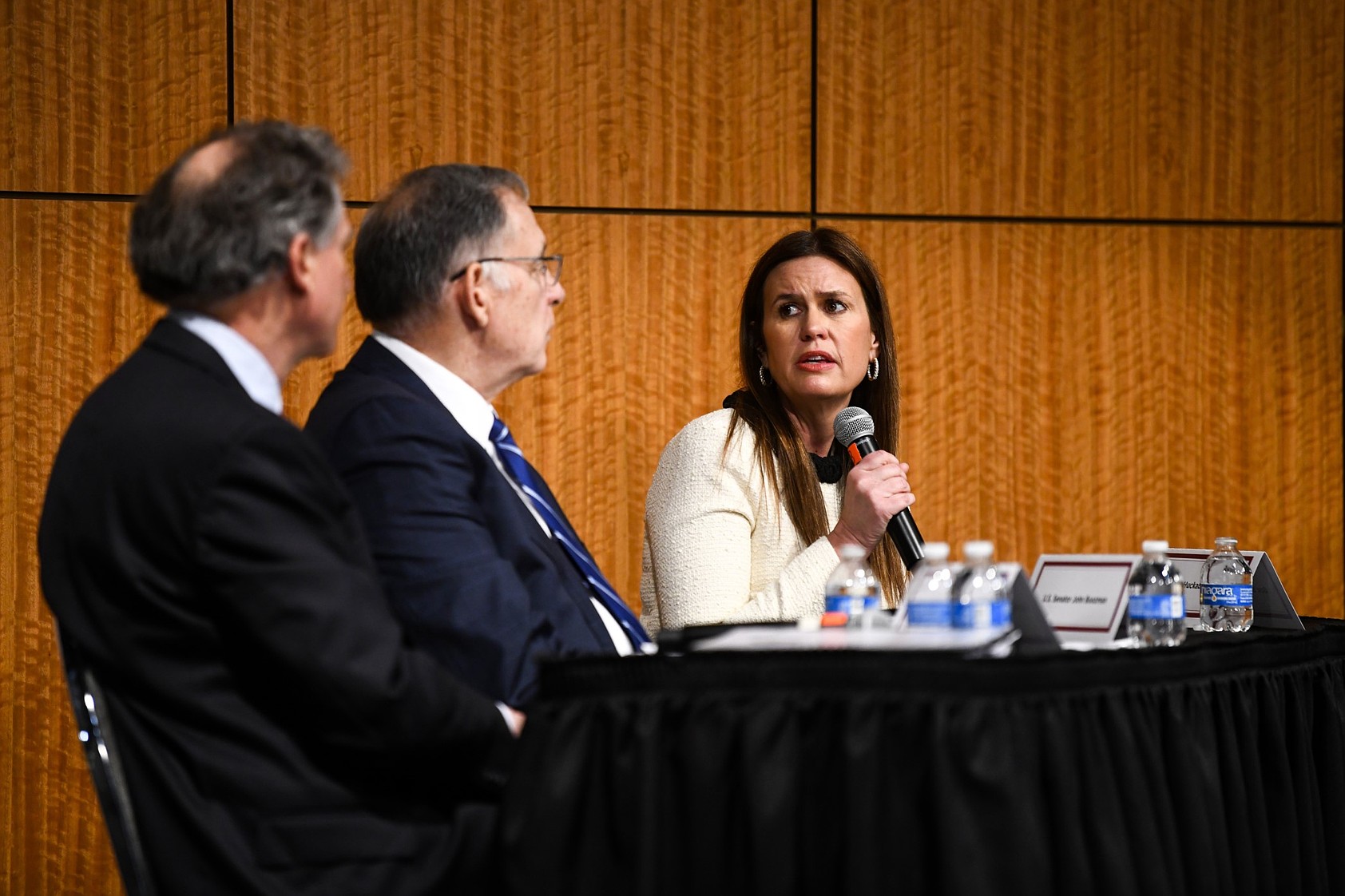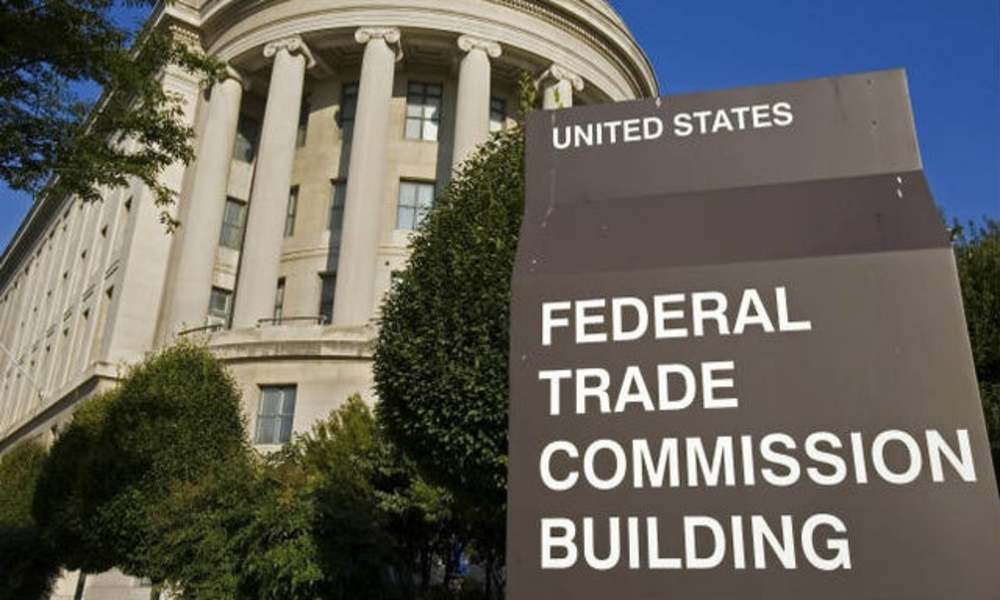
Writer: Mahlet Habteyes | Editor: David Han
Six weeks after her emergency C-section, while her twin boys were still in neonatal intensive care, Maya Gobara stepped into an Arkansas pharmacy to pick up a prescription. The new mom was stunned when the pharmacist told her she no longer had health insurance, just 42 days after giving birth. Gobara, a 38-year-old freelance writer, soon learned that her Medicaid coverage had been cut off early, even before the standard 60-day postpartum period ended. Almost overnight, her cascade of health issues – an autoimmune disorder, postpartum depression, rheumatoid arthritis – hit her “like a ton of bricks.” When a doctor scheduled her for gallbladder surgery to address complications from pregnancy, Gobara’s sudden insurance switch meant her primary care doctor was no longer in-network, requiring a new referral and canceling the surgery. Wracked with pain, she spent days on the phone untangling the red tape.
“It felt like the system was set up so I would give up,” Gobara said. And she’s not the only Arkansas mom who’s been through this. The circumstance is a result of a policy gap that leaves moms uninsured just weeks after childbirth.
A Lonely Holdout
Arkansas is the only state in the nation that has refused to extend Medicaid coverage for new moms beyond the 60-day postpartum cutoff. Wisconsin currently has pending legislation to expand coverage, and the other final holdouts – Iowa and Idaho – implemented expansion at the start of 2025. In 2021, the American Rescue Plan Act offered states a generous deal to expand postpartum Medicaid to a full year after birth, with the federal government covering 90% of the costs. One by one, 46 states – including many led by Republican governors and legislatures – took up the offer to ensure continuous health insurance for mothers in the year after giving birth. These states recognized that postpartum care doesn’t abruptly end at six weeks, and that many pregnancy-related complications, from hypertension to depression, often arise months after delivery. Yet Arkansas, now an outlier, has held firm at the bare minimum 60 days, cutting off the very lifeline that health experts say could save mothers’ lives.
State law requires Arkansas to provide Medicaid to low-income women during pregnancy and up to 60 days after childbirth. But in practice, advocates say the state often initiates the disenrollment process even earlier – around 42 days postpartum – to transition women off of pregnancy Medicaid. In theory, women are supposed to move seamlessly to other insurance options at that point. In reality, many fall into a coverage gap. Arkansas’s own data just revealed that in a three-month period of 2024, 38% of women on pregnancy Medicaid were left uninsured by the time they reached 60 days postpartum. Alarmingly, some were dropped even before the 60-day mark due to “unknown reasons” in the system. The result is thousands of new mothers like Maya Gobara abruptly losing coverage while still recovering from childbirth. It’s a gap that virtually every other state has decided to close. Arkansas stands alone in this, and its mothers are paying the price.
The Governor’s “No” and Legislative Resistance
Governor Sarah Huckabee Sanders, who took office in 2023, has been clear in her opposition. In March of that year, as she unveiled a new maternal-health task force, Sanders was asked if she would support extending Medicaid coverage for a full year postpartum as other states had done. Her answer was a firm “no.”
She argues that Arkansas already offers other health coverage and that “creating more coverage doesn’t get more women to the doctor.” Sanders’ administration also believes that most women can obtain continuous insurance after the 60-day cutoff – if only they can navigate the process.
That stance has set the tone for Arkansas’s leadership. During the 2023 legislative session, bipartisan bills that aimed to guarantee 12 months of postpartum Medicaid coverage faced stiff resistance, dying without a full vote. The legislature and governor instead pursued other plans that they deemed more acceptable. Sanders signed the “Healthy Moms, Healthy Babies Act,” a package of reforms focused on things like presumptive eligibility (to get pregnant women on Medicaid faster), higher pay for OB/GYN providers, and expanded telemedicine for prenatal care. Notably missing from the act’s many pages was any provision to extend postpartum insurance coverage. The message was clear: Arkansas would try to tackle its maternal health crisis without expanding Medicaid for new mothers.
The rationale behind this resistance is part ideological, part financial. Arkansas’s Republican leaders have been wary of anything that resembles an expansion of government healthcare programs. The state had a hard-fought battle a decade ago to adopt Medicaid expansion for adults (through a privatized program called ARHOME), and conservatives remain skeptical of Medicaid’s growing reach. Some GOP lawmakers say that women can sign up for subsidized private insurance on the exchange (the Affordable Care Act marketplace) or transition to Arkansas’s Medicaid expansion program after pregnancy. In theory, that’s possible, but the reality is many women fall through the cracks in that handoff. Women have to fill out a paper application to switch to the ARHOME program at six weeks, a bureaucratic hurdle many struggle to clear. For many moms coping with newborns, postpartum recovery, and perhaps unemployment, the promised “other coverage” never materializes, and they quietly become uninsured.
The human consequences of Arkansas’s policy are increasingly visible and dire. The state suffers from a maternal mortality crisis that is among the worst in the country. By one estimate, Arkansas experiences about 45 pregnancy-related deaths per 100,000 births, far above the U.S. average of 30. Some analyses have ranked Arkansas number one in maternal death rate in recent years, with many of these deaths occurring after the initial postpartum period. The Arkansas Maternal Mortality Review Committee found that almost half of pregnancy-related deaths happen 43 days to one year after delivery, precisely when women here are likely to be uninsured. The committee deemed 92% of those deaths potentially preventable with better care. Its top recommendation? Extend Medicaid coverage to 12 months postpartum, to ensure women don’t lose access to care during this vulnerable time.
Right now, Arkansas’s limited 60-day coverage is failing to catch women before they fall. Between 20% and 29% of Arkansas women are uninsured at some point from before pregnancy to after giving birth, one of the highest rates in the U.S. Low-income women are especially at risk: by 2–4 months postpartum, about 1 in 10 Arkansas mothers has no health coverage at all. This gap coincides with the time when postpartum depression often first strikes, when C-section incisions can get infected, or when blood pressure can spike dangerously. Conditions like cardiomyopathy or preeclampsia may not fully manifest until several months after delivery, but if a mom has no insurance, she is less likely to seek timely help. Doctors in Arkansas say they’ve seen women ignore worrisome symptoms because they know they’re not covered, only to end up in the ER with advanced complications. Medicaid expansion notably cut Arkansas’s uninsured ER visits nearly in half a few years ago, and advocates argue that extended postpartum coverage would similarly reduce emergency visits by new moms.
Is There Room for Compromise?
Maternal health will likely be a central focus in Arkansas’s 2025 legislative session, with lawmakers hard-pressed to show constituents they are taking the problem seriously. Some Republican legislators have begun to voice openness to revisiting the issue, especially as new data undercuts the idea that the current system is working. There is a possibility of extending coverage to six months postpartum as a trial, if not a full year. Any such bill would still face an uphill battle, but it could offer a politically palatable off-ramp from the current hard line. While even a six-month extension would be progress, health experts caution it’s not enough, as a significant number of maternal deaths happen beyond six months postpartum as well.
As Arkansas debates its course, the stakes could not be higher for women like Maya Gobara and the thousands of new mothers each year who find themselves uninsured while healing from childbirth. The economy favors extension; science favors it, and the public favors it. What remains is a matter of political will. Will Arkansas continue to stand alone, or will it join the rest of the country in offering new moms a longer safety net? For now, mothers are left straddling the gap – some navigating convoluted paperwork to cobble together coverage, others simply going without and praying they stay healthy. As Gobara’s ordeal shows us, the difference between a supported postpartum period and a perilous one can literally be a matter of what insurance card a woman holds. And in Arkansas, too many mothers are finding their card taken away just when they need it most.
Featured Image by Arkansas Democrat Gazette



